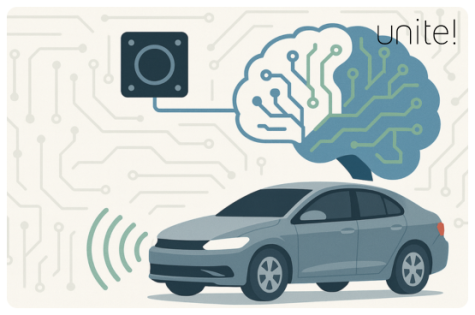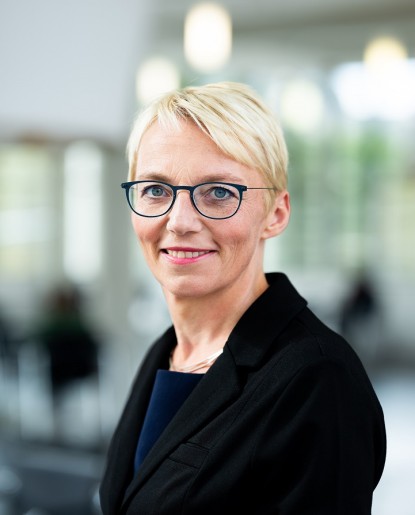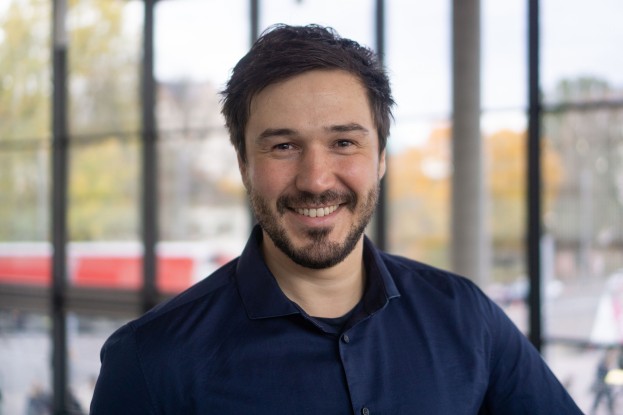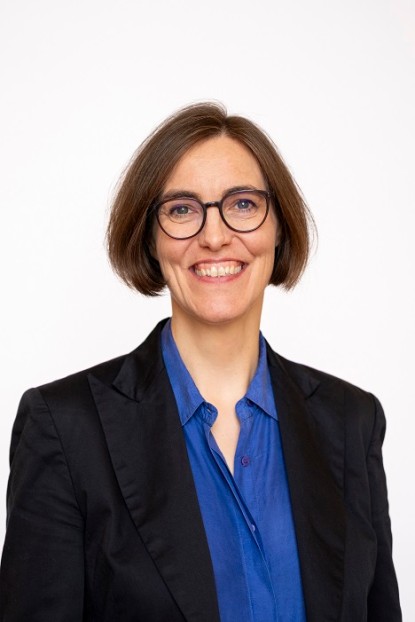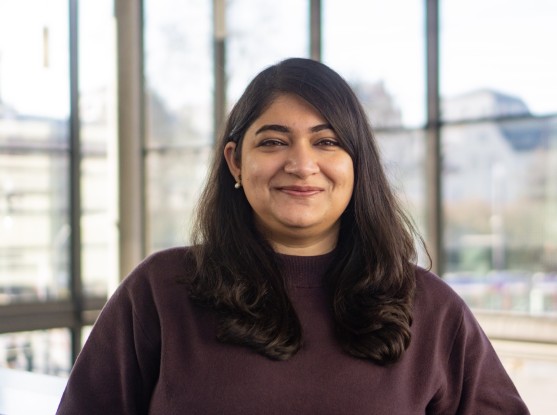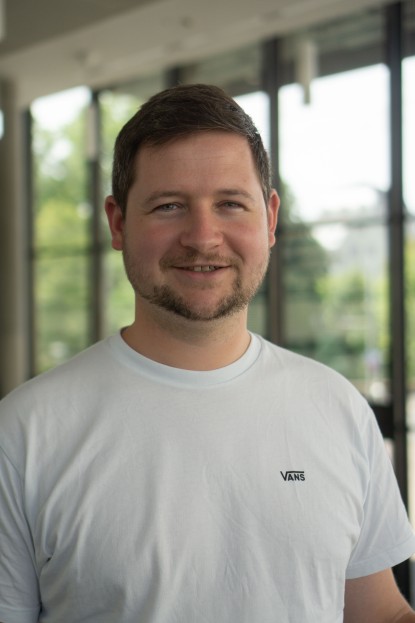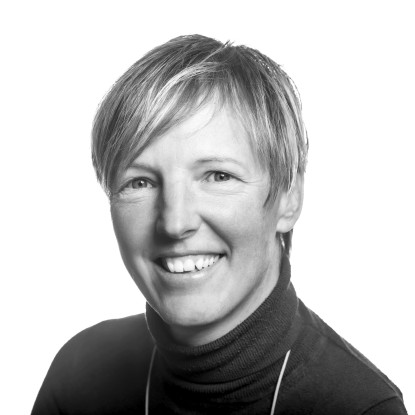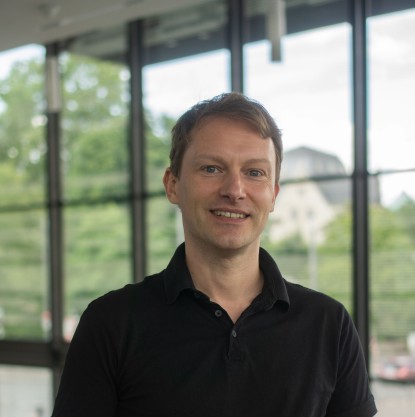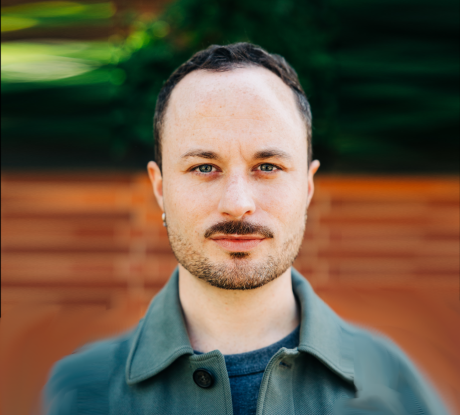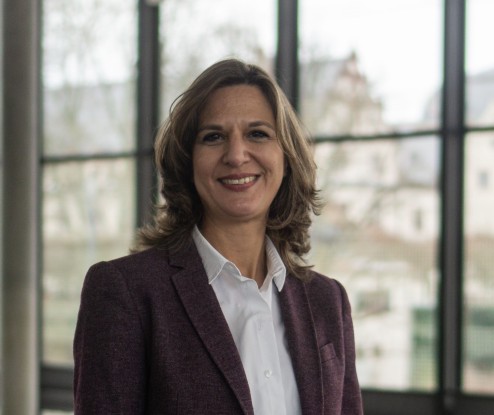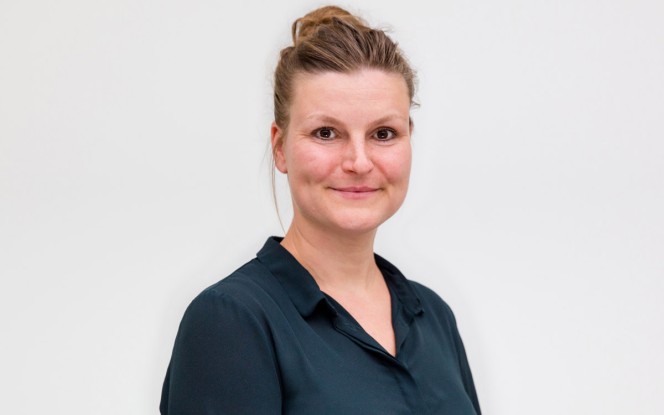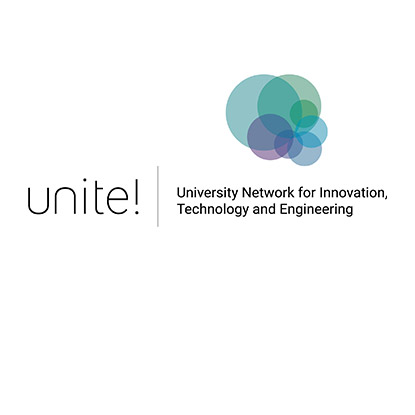TU Darmstadt is active as the coordinator of Unite! both throughout the alliance and also internally within the university.
In the role as coordinator, Unite! is officially represented by the Unite! President. TU President Professor Tanja Brühl was elected as Unite! President in November 2019 by the Unite! Governing Platform for the three-year pilot phase and confirmed in office for a further three years on 22 November 2022. This is because in July of this year, the European Commission approved funding of 14.4 million euros for the implementation of the second funding phase of Unite! until 2026, which serves to sustainably anchor Unite! at the partner universities.
At the end of 2022, the University Assembly of TU Darmstadt also elected a new Executive Board. The TU Vice President for Transfer and International Affairs, Professor Jens Schneider, is now succeeded by Professor Thomas Walther. As Vice President for Innovation and International Affairs, he is the representative of the Unite! President and represents TU Darmstadt as a partner and coordinator in political strategic issues. Professor Jens Schneider goes to the TU Vienna as Rector.
The Unite! Secretariat, based at the TU, coordinates and manages the alliance of the nine Unite! universities and is headed by Unite! Secretary General Dr. Andreas Winkler. The Secretariat takes over the management of Unite!. The Unite! Secretariat is located in Department VIII D International Relations – Europe & Unite!
The Unite! activities within each of the partner universities are managed by the Unite! Unite! Key Liaison Officers. Dr. Jana Freihöfer, Head of the International Relations & Mobility Department, is the Unite! Key Liaison Officer at TU Darmstadt. She is supported by Unite! Deputy Key Liaison Officer Dr. PD Nebojša Čamprag.
Unite! will become tangible for the various status groups at TU Darmstadt in projects, initiatives, various offers and in the development of strategic projects such as research cooperations or joint programmes. All members of TU Darmstadt should contribute to how TU Darmstadt directly influences Unite! and how Unite! impacts TU Darmstadt. The aim is for Unite! to develop out of the universities – with all of their status groups – and the structure is merely designed to facilitate this process. Contact persons for ideas are the Key Liaison Officers.
The European Universities Initiative
The European Commission proposed the European Universities Initiative in 2019 to shape and drive the creation of a European Education Area by 2025. The European Universities are transnational alliances of higher education institutions from across the EU that share a long-term strategy and promote European values and identity. The initiative is designed to significantly strengthen student and staff mobility and foster the quality, equity and competitiveness of European higher education.
Responding to a call in 2019 under the Erasmus+ Framework Programme, the first 17 Alliances were selected for a pilot phase of 3 years to build the foundations of the future European Universities. This was followed by 24 more alliances in the second call in 2020 and additional funding from the EU under the Horizon 2020 call “Science with and for Society” to strengthen the Research and Innovation activities of European universities towards a European Research Area.
The new Unite! funding, which started at the end of 2022, falls under the calls for further implementation of the European Higher Education Initiative. The aim is to increase the number of European universities to 60 by mid-2024, bringing together more than 500 universities and supported by Erasmus+ with an expected budget of €1.1 billion for the period 2021-2027. The aim is to develop and share joint and long-term structural, sustainable and systemic cooperation in education, research and innovation to create European inter-university campuses where students, staff and researchers from all parts of Europe can enjoy seamless mobility and create new knowledge together across countries and disciplines.







